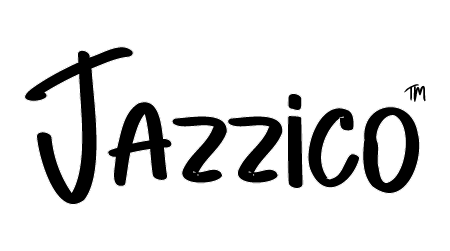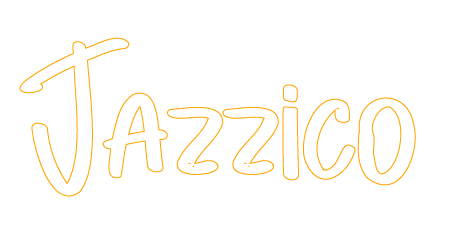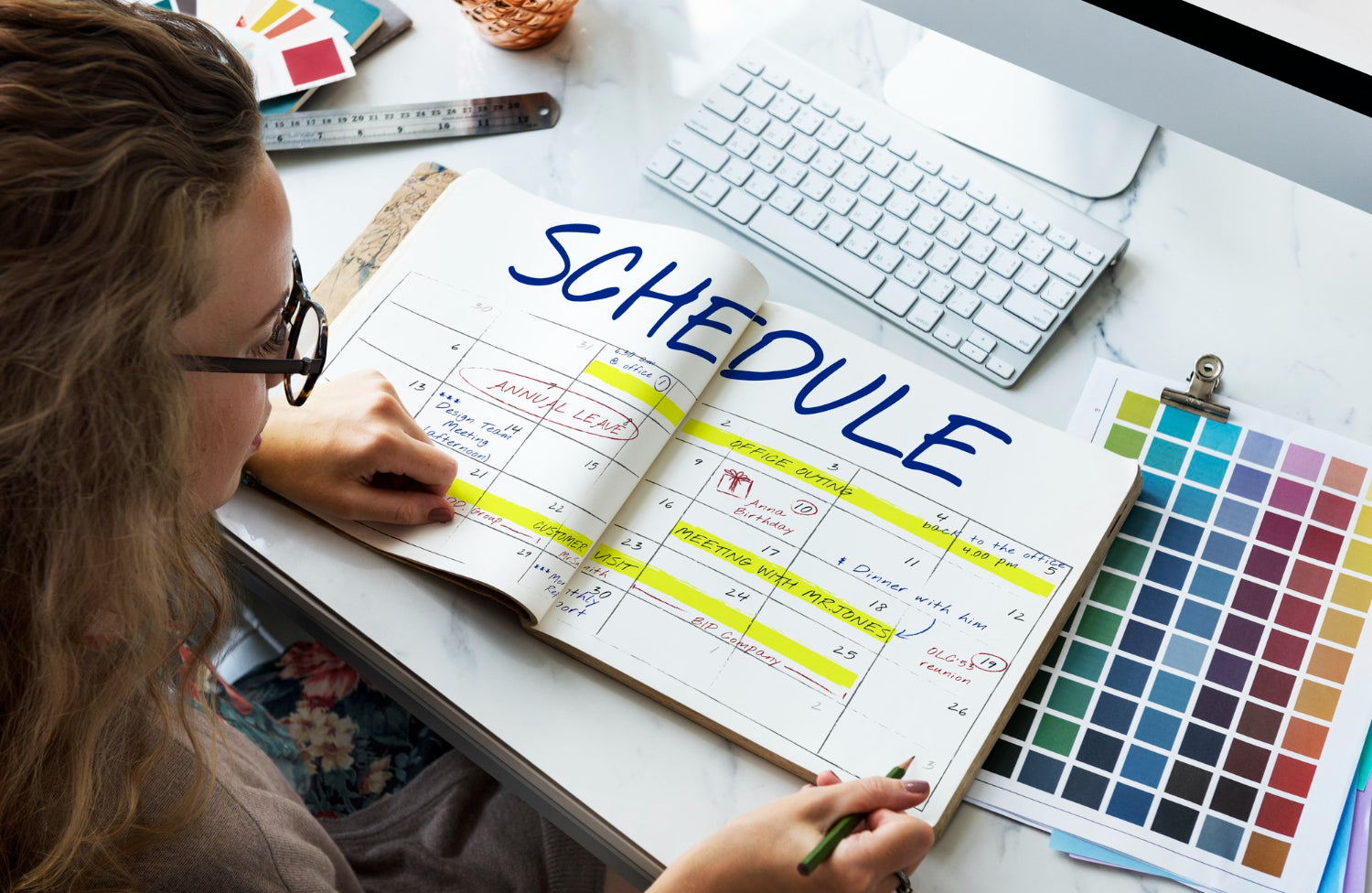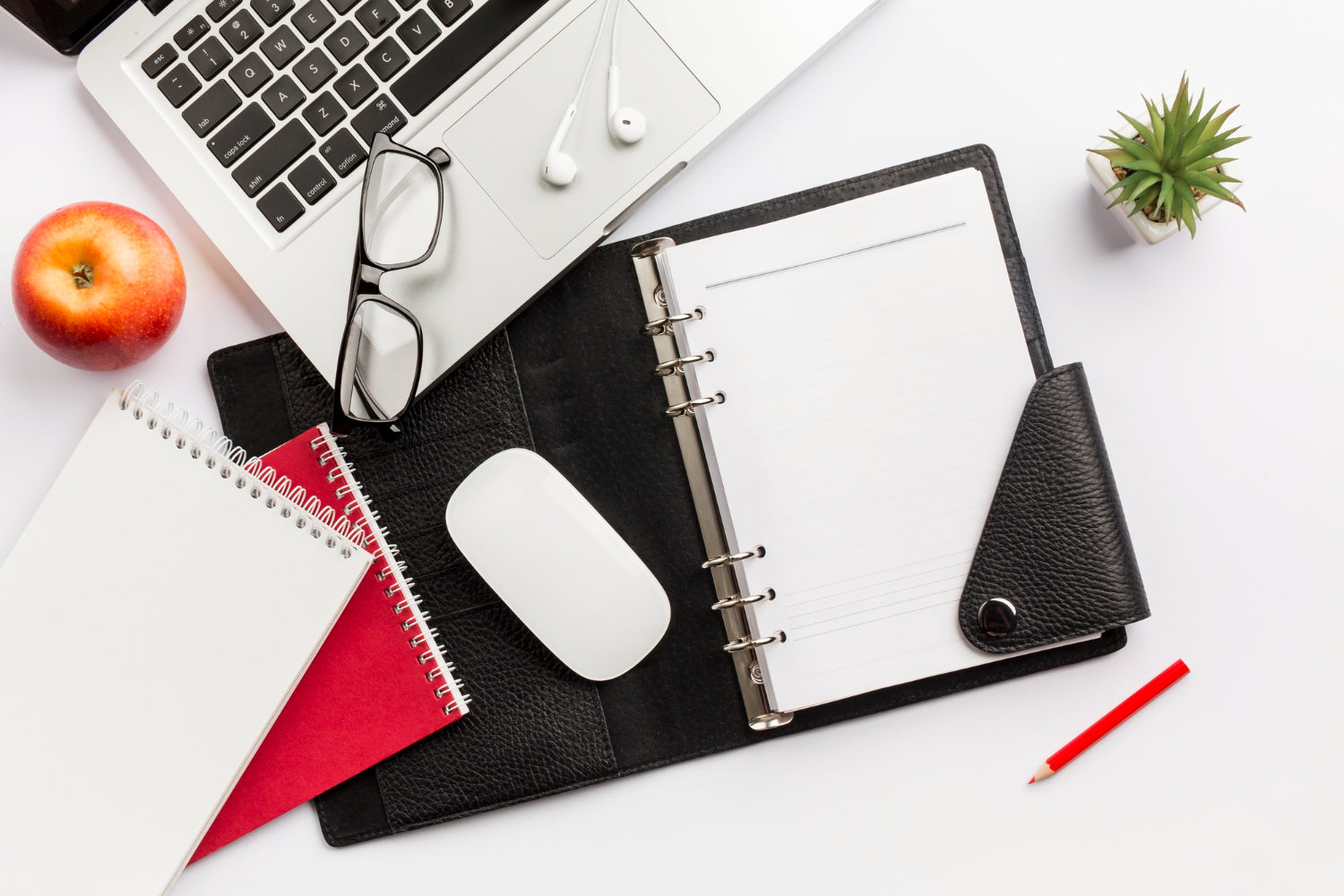In a world where time is a limited resource and demands are ever-increasing, the need for effective productivity tools has never been more crucial. Enter planners – tools designed to help us manage our tasks, organize our thoughts, and make the most of our time.
The Power of Planning
Planning is the foundation of productivity. It involves setting clear objectives and charting a course to achieve them. With an effective planner, you can break down complex projects into manageable tasks, set deadlines, and track your progress.
Key Elements of an Effective Planner
Clear Goal Setting
A good planner provides space for defining your short-term and long-term goals. It encourages you to think about what you want to accomplish and how you'll get there.
Prioritization Techniques
Not all tasks are equal in terms of importance. An effective planner helps you prioritize tasks based on their significance and urgency, ensuring you focus your energy where it matters most.
Time Blocking Strategies
Time blocking involves scheduling specific blocks of time for different tasks. This technique helps prevent multitasking and promotes deep focus on one task at a time.
Digital vs. Physical Planners: Which is Better?
Advantages of Digital Planners
Digital planners offer convenience and flexibility. They can be accessed on various devices, allow easy rescheduling, and often come with helpful features like reminders and integrations.
Benefits of Physical Planners
Physical planners offer a tangible and sensory experience. The act of writing can enhance memory retention, and the lack of digital distractions can lead to increased focus.
Finding the Perfect Planner for You
Assessing Your Needs
Choosing the right planner starts with understanding your unique needs. Are you a visual learner? Do you prefer digital tools or traditional paper?
Customizability and Flexibility
An effective planner should adapt to your workflow, allowing you to customize layouts, sections, and features according to your preferences.
Integration with Technology
Some planners offer the best of both worlds by integrating digital features with the tactile experience of paper planners.
Tips for Maximizing Planner Effectiveness
Consistent Review and Reflection
Regularly reviewing your planner helps you stay on track and make necessary adjustments. Reflection allows you to identify patterns and refine your approach.
Avoiding Overload
While planning is essential, overloading your schedule can lead to burnout. Leave room for breaks and unexpected tasks.
Balancing Long-term and Short-term Goals
A balanced planner addresses both immediate to-dos and long-term aspirations. Strive for harmony between short bursts of productivity and sustained progress.
Planner Hacks from Productivity Experts
The Pomodoro Technique
This technique involves breaking your work into focused intervals, usually 25 minutes, followed by a short break. It enhances concentration and combats mental fatigue.
Eisenhower Matrix
The matrix categorizes tasks into four quadrants based on urgency and importance. This helps you prioritize tasks effectively and avoid spending time on non-essential activities.
Getting Things Done (GTD)
Developed by David Allen, GTD emphasizes capturing all tasks, organizing them, and taking action. It prevents mental clutter and increases productivity.
Staying Motivated and Consistent
Reward Systems
Incorporating rewards for completing tasks can boost motivation. Treat yourself after accomplishing milestones to create positive associations with productivity.
Accountability Partnerships
Teaming up with someone who shares your goals promotes consistency. You can hold each other accountable and provide mutual support.
The Impact of Effective Planning on Mental Health
Reducing Stress and Anxiety
Knowing what needs to be done and having a plan reduces the mental burden of uncertainty, leading to lower stress levels.
Enhancing Clarity and Focus
A well-structured planner provides clarity, minimizes decision fatigue, and allows you to dedicate your full attention to the task at hand.
Real-Life Success Stories
From Chaos to Order: Jane's Story
Jane struggled with overwhelming workloads until she embraced planning techniques. Now, she manages her tasks efficiently, leaving room for personal time.
Doubling Efficiency: Mark's Journey
Mark's career took off when he started using a planner. His ability to manage projects and meet deadlines doubled, earning him recognition at work.
Challenges and How to Overcome Them
Procrastination and Distractions
Even with a planner, procrastination and distractions can hinder productivity. Combat these challenges with time management techniques and self-discipline.
Maintaining Consistency
Consistency is key to successful planning. Set routines and create habits that reinforce your planning efforts.
Adapting to Changes
Flexibility is essential as unexpected changes can disrupt your plans. Embrace adaptability and adjust your schedule when needed.
Future of Planning: Trends and Innovations
AI-Driven Planners
Artificial intelligence will play a significant role in personalizing planners, providing intelligent suggestions, and analyzing productivity patterns.
Integration with Wearable Tech
Planners will likely integrate with wearable devices, allowing seamless access to your schedule and reminders on the go.
Environmental Sustainability
As eco-consciousness grows, planners may incorporate sustainable materials and digital options to reduce paper consumption.
Conclusion
Effective planners are more than just tools – they're partners in your journey toward increased productivity. By setting clear goals, prioritizing tasks, and leveraging planning techniques, you can optimize your time and achieve remarkable results. Embrace the power of planning, and watch as your productivity soars to new heights.
Frequently Asked Questions
-
How do I choose the right planner for my needs? Assess your preferences, work style, and whether you prefer digital or physical tools. Consider factors like customizability and integration with technology.
-
Can planning really reduce stress and anxiety? Yes, having a clear plan can alleviate the uncertainty that often leads to stress and anxiety. It provides a sense of control and direction.
-
Are digital planners better than physical ones? It depends on your preferences and how you work. Digital planners offer convenience, while physical planners provide a tactile experience and reduced digital distractions.
-
What if unexpected changes disrupt my planned schedule? Adaptability is key. Be open to making adjustments when necessary and incorporate buffer time in your schedule to handle unexpected events.
-
How can I stay motivated to consistently use a planner? Incorporate rewards, find an accountability partner, and track your progress to stay motivated and committed to using your planner regularly.





Leave a comment
All comments are moderated before being published.
This site is protected by hCaptcha and the hCaptcha Privacy Policy and Terms of Service apply.